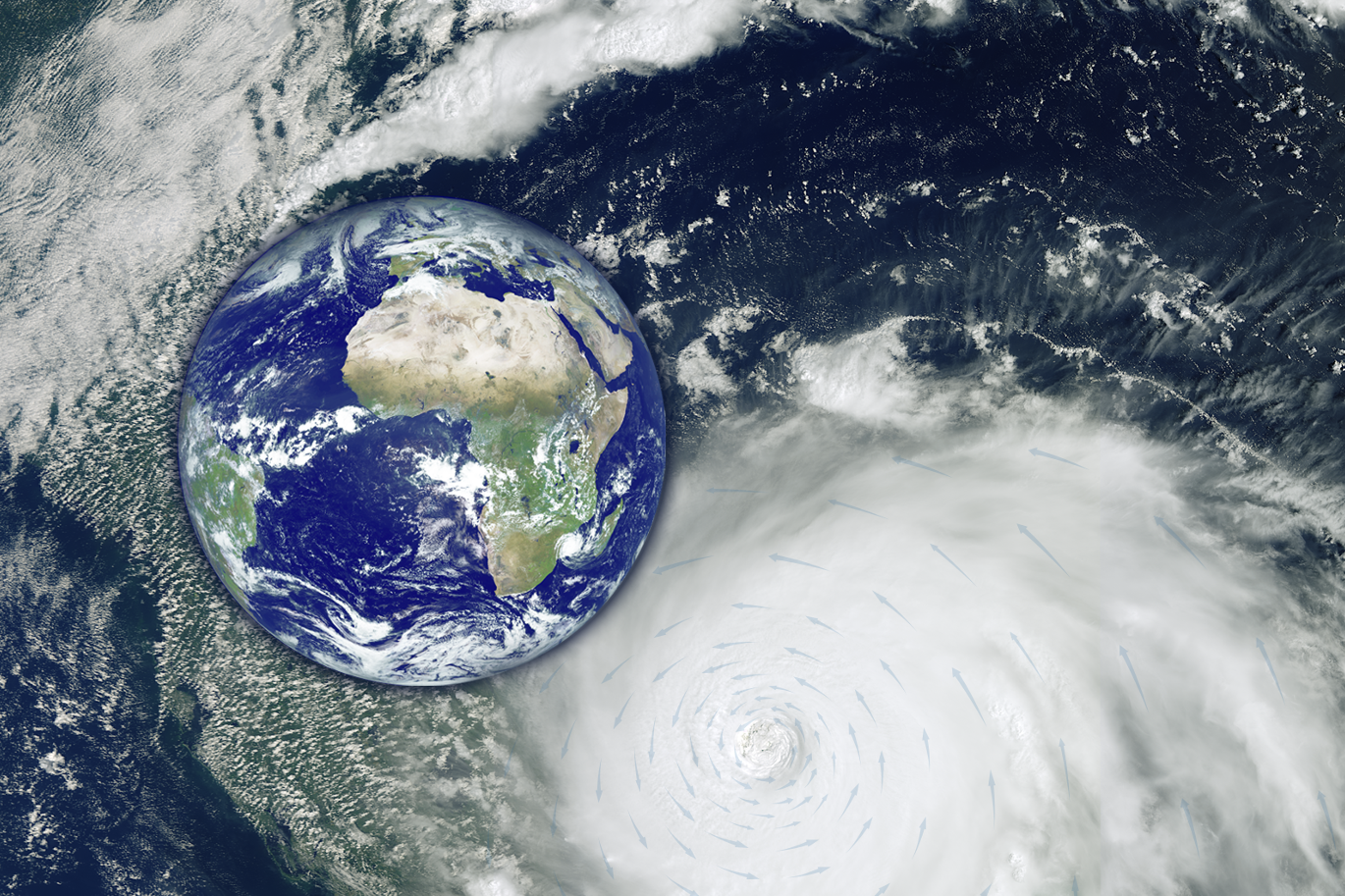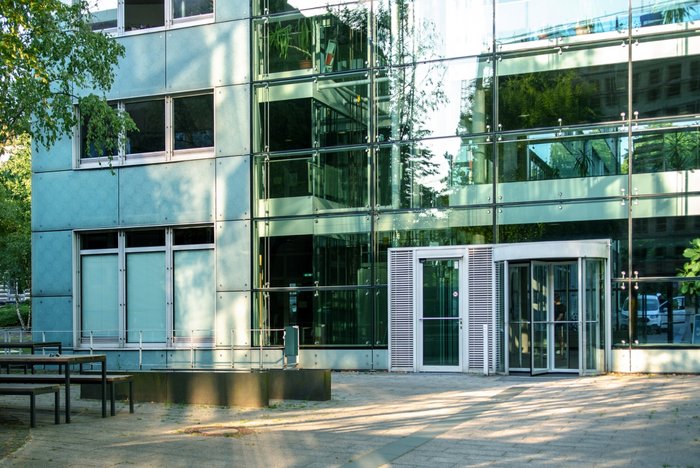The Board of Trustees is an independent body that advises our institute on relevant issues of science policy and society, supports it in important matters, and mediates and promotes contact with the city of Hamburg, the region and other parts of society. The members of our Board of Trustees are high-ranking personalities from the fields of politics, science and media, who are appointed by the president of the Max Planck Society. Once a year they meet at our institute to learn about current developments and significant research results at the Max Planck Institute for Meteorology and to exchange information and confer with the directors.
Current members of the Board of Trustees:
Prof. Dr. Tilo Böhmann
Vice President
Universität Hamburg | Hamburg
Katharina Fegebank
Second Mayor and Senator
in the authority of science, research, gender, and districts | Hamburg
Dr. Christian Alecke
Head of devision Global Change - Climate Research
Federal Ministry of Education and Research (BMBF) | Bonn
Prof. em. Dr. Peter Lemke
Senior Advisor
Alfred-Wegener-Institut, Helmholtz Centre for Polar and Marine Research | Bremerhaven
Dr. Ulf von Rauchhaupt
Science Editor
Frankfurter Allgemeine Sonntagszeitung | Frankfurt/Main
Prof. Dr.-Ing. Andreas Timm-Giel
President
Technische Universität Hamburg | Hamburg
Contact
Dr. Ulrike Kirchner
Research Coordination and Communication
Phone: +49 (0)40 41173-235
ulrike.kirchner@mpimet.mpg.de
More Content

Climate data from ship logs: Interdisciplinary project receives funding from the Volkswagen Foundation
Historical logs from ships involved in the transatlantic slave trade also contain information about past climate conditions. Two climate researchers…

Expert committee recommends the selection of the WIVERN satellite mission as the 11th Earth Explorer
An expert committee has recommended the WIVERN satellite mission to be selected as the eleventh “Earth Explorer” mission of the European Space Agency…

